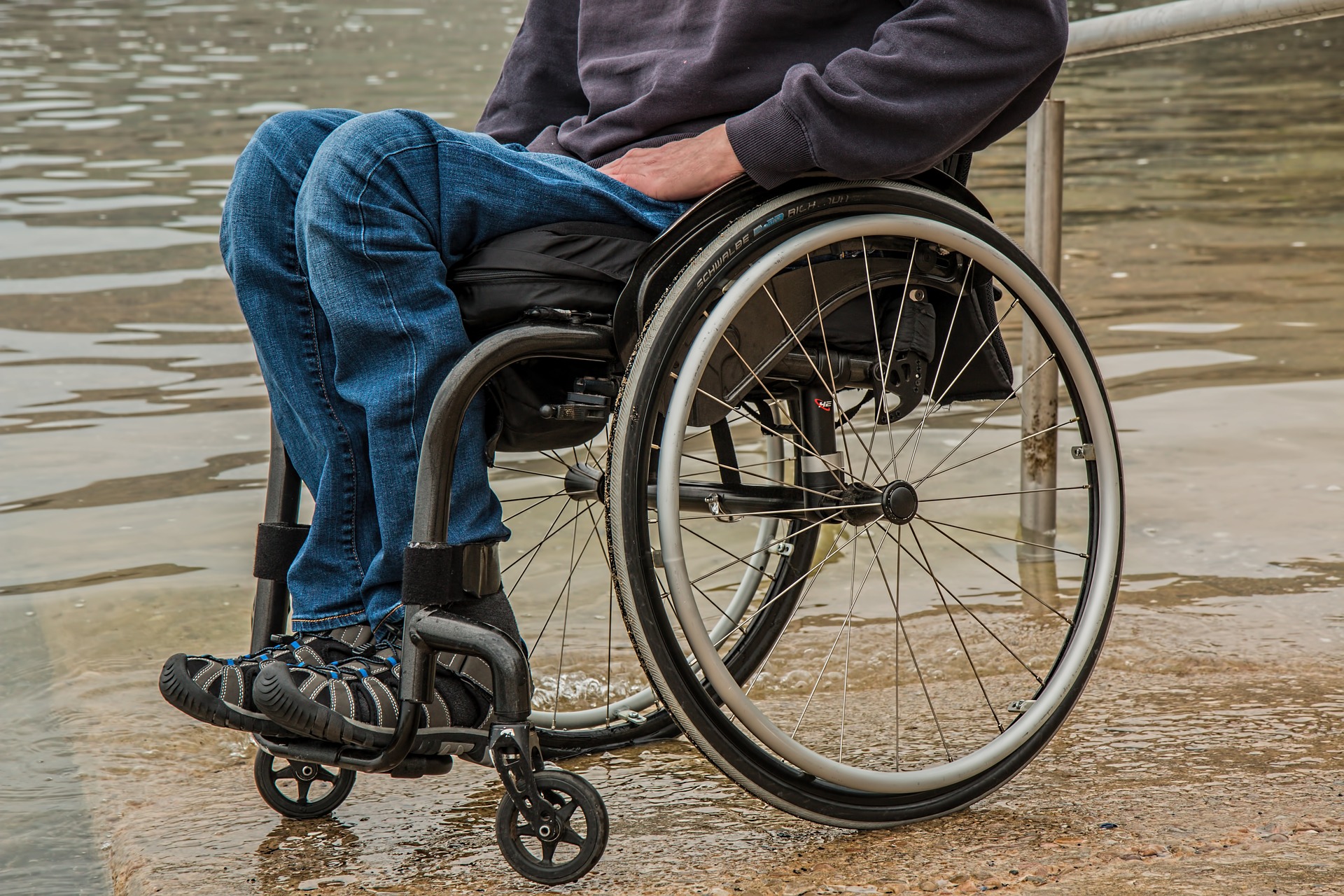More than 16 million people receive either Social Security Disability Insurance(SSDI) or Supplemental Security Income(SSI) in the United States. Recently, the Social Security Administration(SSA) has proposed adding a new category to the existing classes of disability evaluation called Medical Improvement Likely. Once implemented, this will add a new level of potential difficulty for those seeking to obtain or maintain their SSD benefits.
The Current State of Affairs for SSD Benefits
Americans too physically or mentally disabled to work are generally eligible for either SSD or SSI income. The first applies to people who have worked at least ten years, while the second is for those with low incomes or little to no employment history. Obtaining benefits requires those seeking them to go through a complicated and cumbersome application process. In addition, recipients must re-validate their claims at regular intervals, determined by the government classification of their qualifying conditions.
Currently, once a claimant is approved for SSDI, the SSA assigns his case to one of three categories: Medical Improvement Expected (MIE), Medical Improvement Possible (MIP), and Medical Improvement Not Expected (MINE).
Based on existing medical standards, the guidelines help officials determine continuing eligibility, according to Kate Lang, senior attorney at Justice in Aging.
Find the full explanation of how the SSA determines whether your disability benefits continue or end here.
The designations determine how much time can pass between the last approval for benefits and the next continuing eligibility review. The current time frames are:
- MIE: 6 to 18 months from the date of the last approval
- MIP: Every three years
- MINE: Every seven years [1]
Based on the results of these reviews, the category of your condition can move up or down, changing the length of time between exams.
The Coming Change to Qualifying Conditions
The new category, Medical Improvement Likely (MIL), would fall in between MIE and MIP, mandating medical reviews every two years. This will create an additional 2.6 million reviews in the first ten years. It will affect as many as 4.4 million people, many of them children and Step-5 benefits recipients, and those listed as unable to do any other kind of work.[2]
Changes in qualifying conditions can bump benefit recipients from one category to another, with officials focused primarily on improvement. The Code of Federal Regulations § 416.994, the collection of federal laws, defines medical improvement as “any decrease in the medical severity of your impairment(s) which was present at the time of the most recent favorable medical decision that you were disabled or continued to be disabled.”
The wording and purpose of the change imply the desire to move claimants up in category and off the rolls of benefits. Many advocates for benefits recipients say the inclusion of this fourth category makes little sense. Medical conditions generally deteriorate as people age, and no evidence exists that benefits recipients are likely to improve, Jennifer Burdick, supervising attorney with Community Legal Services in Philadelphia, said in the referenced article. She called this labeling “a radical departure from past practice.”
Jonathan Stein, a former Community Legal Services attorney who is working with Burdick, says that the proposed change shows “a hostility toward the basic Social Security Act, which takes a holistic view of the individual.”
The SSA says data concerning continuing disability reviews (CDR) prompted the proposed change.
“This proposed expansion of the diary categories reflects changes brought by our experience over time administering CDRs in the existing three categories. When we analyzed CDR case outcomes for MIE diaries, we noticed that there were some types of cases where the MIE category resulted in a continuance for the first CDR but resulted in a cessation for the subsequent CDR This was often an indication that the first CDR was conducted too early to identify MI. We also realized that our employee operating instructions already recognize that the 6 to 18 month period for MIE diaries is not adequate for some impairments we expect to improve.”[3]
In layman’s terms, this means they believe some conditions warrant closer examination at shorter intervals. The included conditions are expected to include favorable determinations and decisions for both adults and children that include a specified minimum period of disability, like leukemia, lymphoma, anxiety disorders, speech impairments, and solid malignant tumors in children.[4]
The Social Security Administration will evaluate all public comments before implementing the new rules and provide an issue date in the Federal Register, along with a summary of relevant comments and how it will apply the new rules.
The initial comment period ran for 60 days, until January 17, 2020, but the administration extended it for fifteen days to January 31, 2020.
Increase the Odds of Getting and Keeping Your Social Security Disability Income Benefits
No matter your thoughts on the change, your best chance of a favorable decision comes from following the process set forth by the SSA. The smallest misinterpretations of the rules can result in multiple denials and years of frustration.
Estimates show that approximately two-thirds of applicants are denied the first time they apply for disability benefits.[5] At the reconsideration level, that number climbs to 91%.[6] Having a team of professionals that has expertise with the system and understands how to maneuver through the application and reconsideration process established by the SSA can make all the difference.
With more than 30 years of experience with disability cases under its belt, The Good Law Group knows the ins and outs of the Social Security system. Its experts can help you determine if you qualify for benefits, guide you through the complicated bureaucracy of the process, and increase your chances of a successful initial judgment or reconsideration of benefits.
Contact them with an e-mail or through their live chat online, or call them at (847) 577-4476 for a free case evaluation. You earned your benefits. Let the caring staff and attorneys at The Good Law Group help you get what you deserve.









